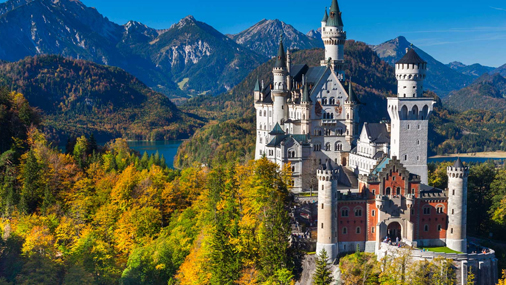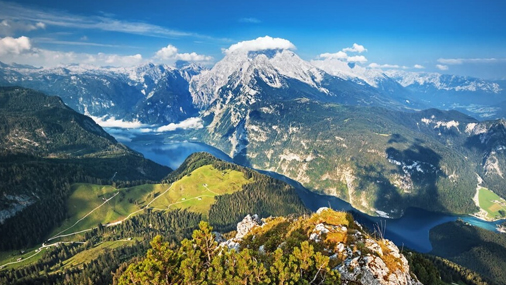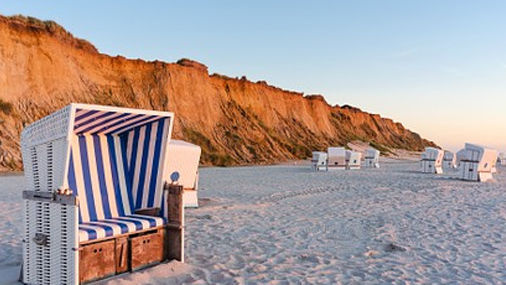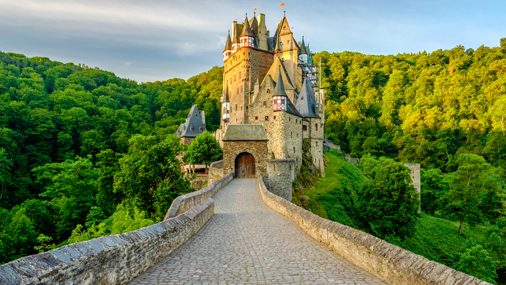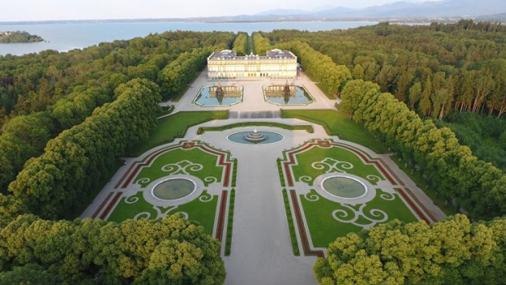The most frequent reasons for visa applications to Germany are failing. Click here.
Past or Current Criminal Actions
The applicant's previous and recent situations, as well as his or her behaviour, play a significant role in the consular officer's decision to issue a German visa. In such cases, the applicant may be denied because he or she is deemed a menace to Germany's national policy, domestic security, or government wealth (i.e., terrorism, drug abuse, child abuse, addiction, and other serious crimes)
False Travel Document
All participants (applicants) who endeavor to deliver misleading identity papers to the consulate or embassy, misrepresenting their identity, or using a fake identity face the same fate: visa rejection and other harmful repercussions.
Insufficient Explanation for the Purpose and Circumstances of the Planned Stay
Another reason for the consular office to refuse your entry to Germany is the required explanation for your reason and circumstances of scheduled trips and staying missing from your visa. Consider the following examples:
- Failure to submit a job and formal credentials that are compatible with the finances
- Inability to offer paperwork showing the intent of visitation and stay in Germany.
- Failure to request a visa in accordance with the displayed travel route, vacation right, or financial condition
- Failure to produce consistent statements about the intent of the trip and stay.
Damaged Passport
The presentation of a passport in a poor state could be a justification for visa rejection. Such instances include passport pages unhooking or disappearing, passport covers being damaged, and so forth.
Passport Invalidity
Submitting a passport that is not appropriate for the Embassy or Consulate is another reason for the consular officer to reject your visa request. These situations are categorized as follows:
- Submitting a passport with a validity period of less than three (3) months after returning from a trip to the Germany Area
- Submitting a passport that does not contain two empty visa pages
- Rather than a valid passport, sending a Travel Document Booklet
- submitting a travel document that is over ten (10) years old
Lack of Proof of the Travel Itinerary
Another possible explanation for a failed Germany Visa proposal is the failure to send a proper tour route and schedule within the German territory. Examples include:
- Making an application to the incorrect German Embassy (not being capable of deciding on your specific vacation spot for your trip to Germany).
- Incapable of showing that you have a lodge or hotel reservation for each location and each evening you plan to stay in Germany.
- Not capable of providing each applicant with a confirmed airline ticket (in situations of a group travelling)
- Inability to present travel tickets for each location in the Germany Area that needs to be visited.



 COVID-19 update: From June 1, Germany will lift some travel restrictions.
COVID-19 update: From June 1, Germany will lift some travel restrictions.